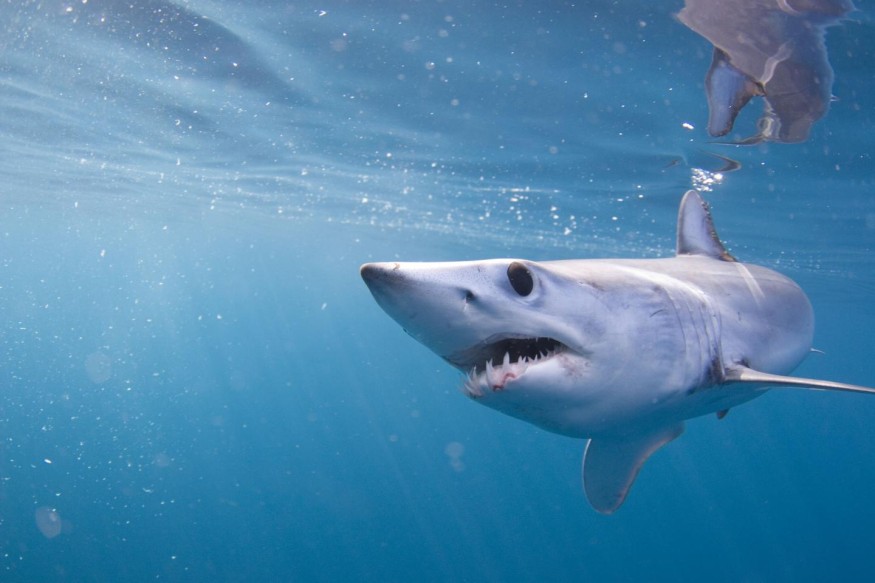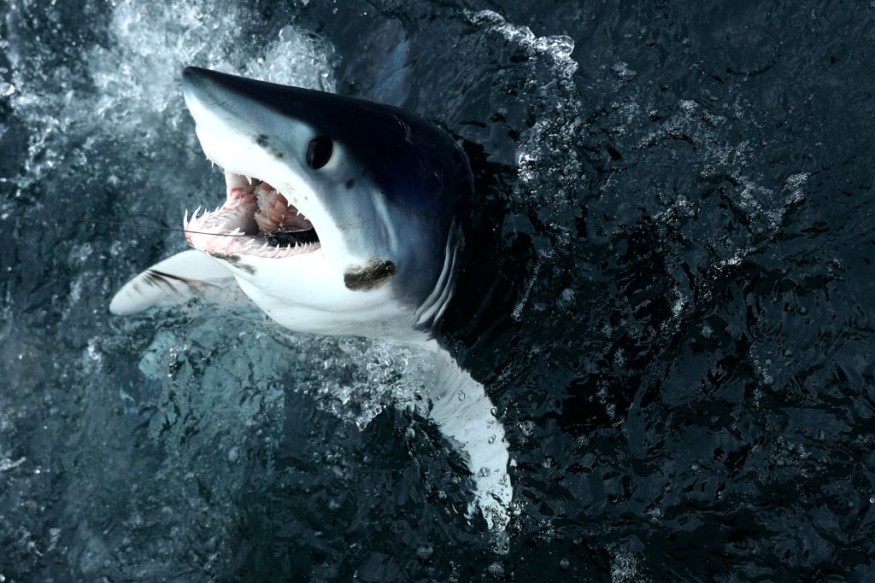To rescue the endangered shortfin mako, fishing nations in the North Atlantic have agreed to limit captures of the world's fastest shark, the Mako.

Restrictions
The restriction was hailed as a "breakthrough" by conservationists who have worked for years to safeguard the mako better. The United Kingdom, Canada, and Senegal spearheaded the attempt to reach an agreement among fishing states.
Countries decided to "stop overfishing immediately and progressively attain biomass levels adequate to ensure maximum sustainable yield by 2070" for the mako shark at the International Commission for the Conservation of Atlantic Tunas (ICCAT) annual conference this week.
Related Article : Sharks Swim in Backyard Canals in Florida to Avoid Toxic Red Tide
Cheetah of the Sea

The shortfin mako, sometimes known as the "cheetah of the sea," can attain up to 72 kilometers per hour (45 miles per hour). It is listed as endangered on the International Union for Conservation of Nature's red list of threatened species and is considered particularly vulnerable in the North Atlantic. It is prized for its flesh, fins, and sportfishing.
In 2019, a record number of nations decided to regulate trade under the Convention on International Trade in Endangered Species, highlighting global concern over the decline (Cites). Since 2017, ICCAT experts have advocated a moratorium on mako fishing to stop the population decrease and replenish the population.
"We applaud Canada, the United Kingdom, Senegal, and Gabon for spearheading the effort to obtain this historic, science-based protections for endangered shortfin mako sharks," said Shannon Arnold, marine program coordinator at Ecology Action Centre. We celebrate today's important milestone while remembering that the work to strengthen it will continue tomorrow."
Ali Hood, the Shark Trust's head of conservation, praised the "conservationists, divers, scientists," and others who had pushed fishing nations to accomplish this "important milestone."
ICCAT
The ICCAT, which includes some of the world's top fishing nations, also agreed on conservation measures for bigeye and yellowfin tuna, as well as initiatives to combat illegal, unregulated, and unreported fishing. In 2022, it established a bigeye tuna quota of 62,000 tonnes and a yellowfin tuna quota of 110,000 tonnes. It stated it will reassess these measures next year before setting new fishing restrictions in 2023.
"This is a wonderful list of changes that will assist to the effective management and conservation of tunas, sharks, and billfishes in the Atlantic Ocean," stated Grantly Galland, an officer at the Pew Charitable Trust.
"By almost every metric, this conference was a success; it demonstrated that meaningful progress can be accomplished despite the pandemic's hurdles, and the fishing operations, other stakeholders, and species touched by ICCAT decisions will benefit."
For more animal news, don't forget to follow Nature World News
© 2025 NatureWorldNews.com All rights reserved. Do not reproduce without permission.





